Improper thawing of frozen foods can be dangerous. Here are a few tips for safe thawing of frozen foods.
Safe Thawing Of Frozen Foods
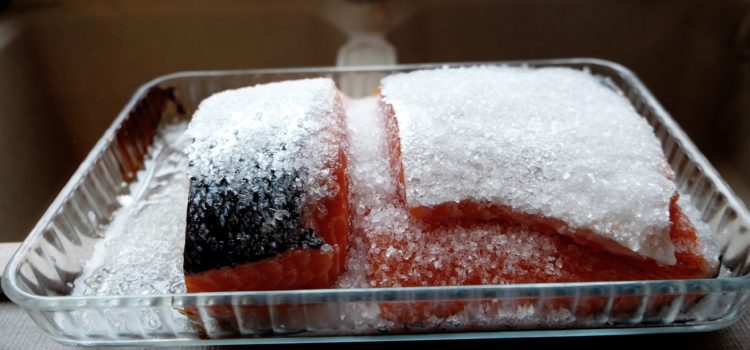

Improper thawing of frozen foods can be dangerous. Here are a few tips for safe thawing of frozen foods.

Raw milk is rich in nutrients—the primary reason why is it one of the highly perishable food items. To give you an idea, raw milk in the refrigerator may only last for only several days (7 to 10 days). Without
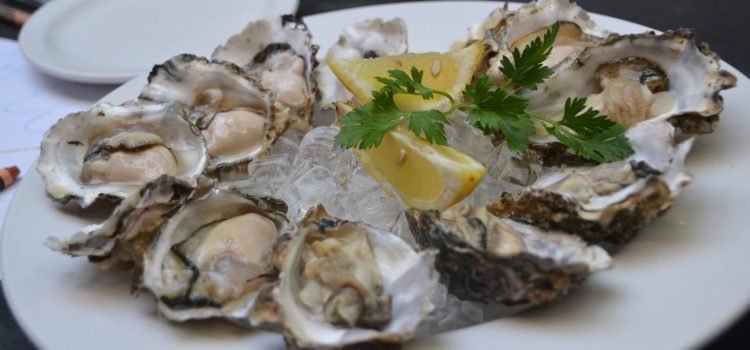
Many people just love eating raw oysters. But is it safe?
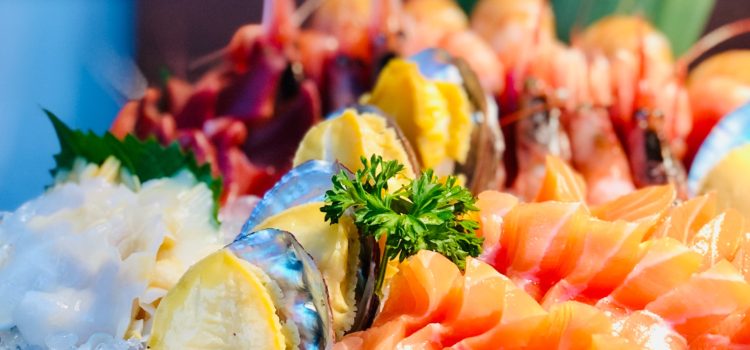
Want to know how the Japanese exactly prepare sashimi to make it safe to eat? Here’s how.
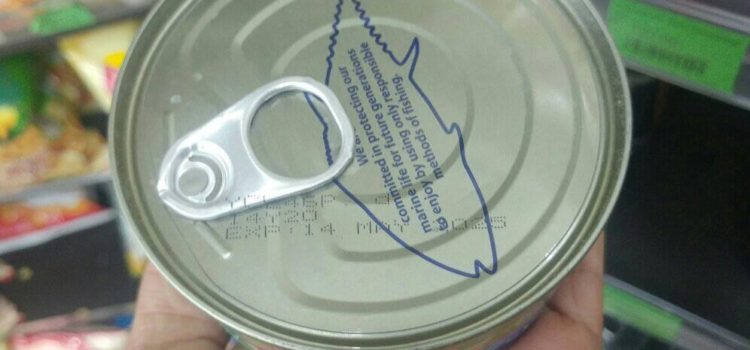
Better understanding of date labels of food products minimizes food waste. Here is the difference between best before date and expiry date
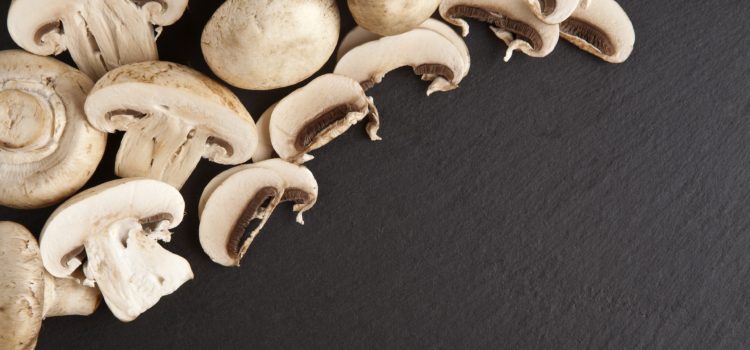
Mushrooms have a high moisture content. For this reason, they need an environment of high humidity. Here’s how.
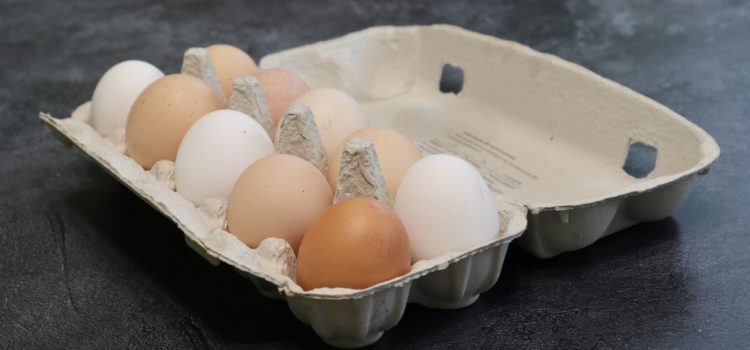
Eggs are considered special because of the several health benefits they provide. They are a rich source of protein, vitamins, and minerals. They are also one of the few complete protein foods, those than contain a complete count of the
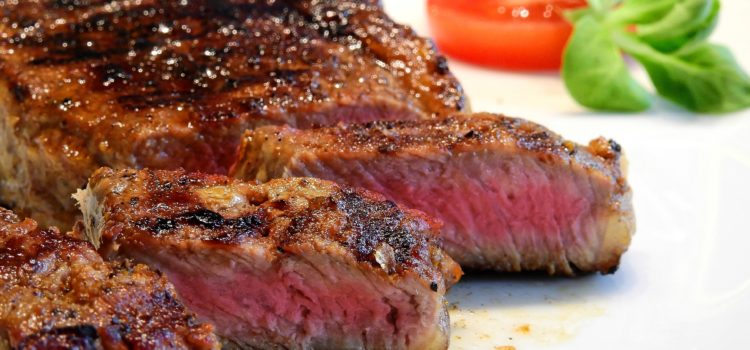
If we are going to involve science here, you would realize that you should not have your steak cooked well done. Here is why.
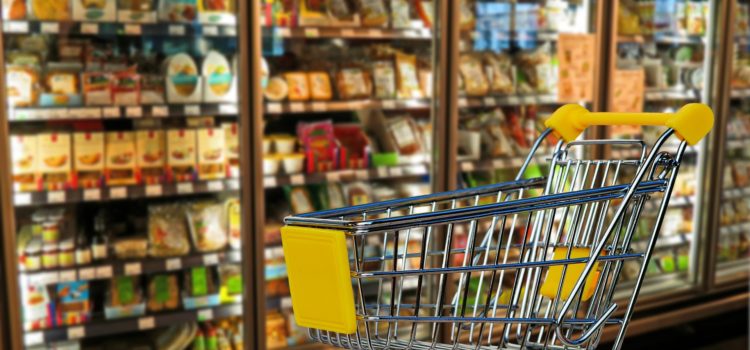
Food safety for the consumers typically starts at the grocery store or supermarket, here are some food safety tips that you can practice all the time while at the grocery store.

This article covers the shelf life of the common refrigerated foods. And we’ll give you tips how to maximize them.